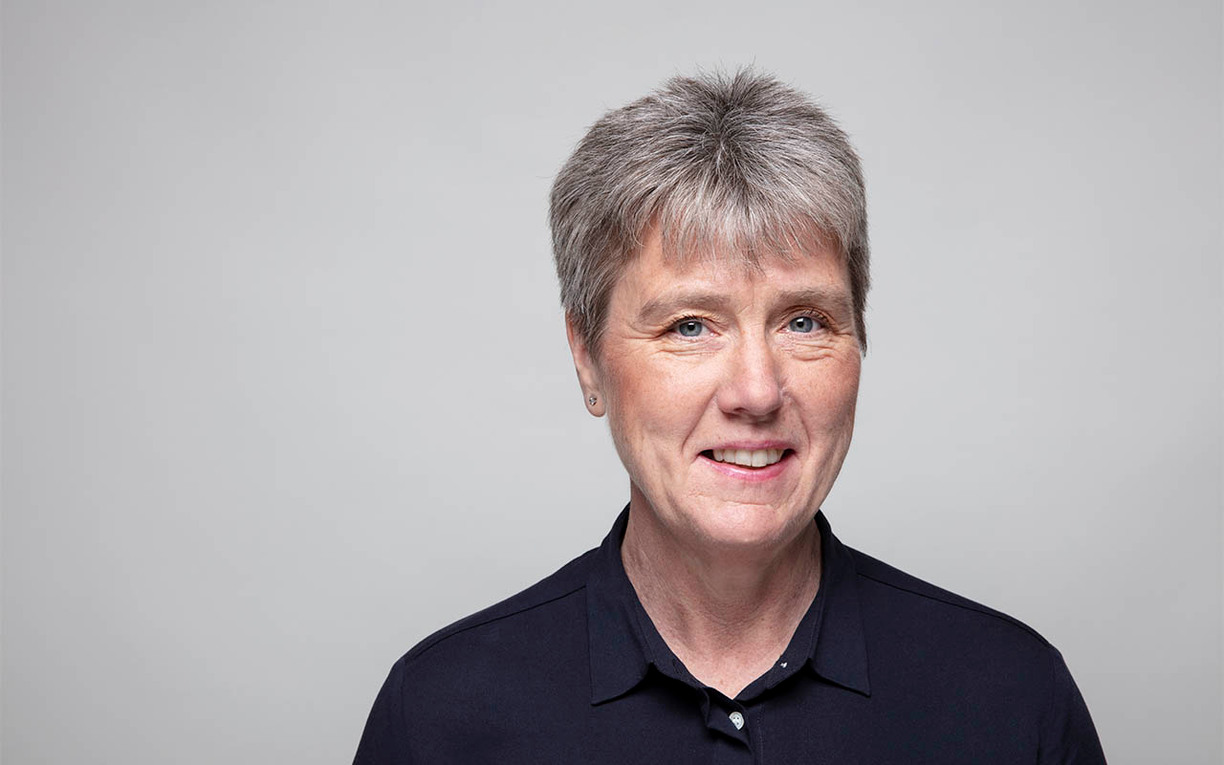
6 November 2020
New study on covid care
New research on respiratory care at covid-19 is currently ongoing at Luleå University of Technology. Professor Åsa Engström leads the project. – It was very difficult for relatives who were not allowed to see the patients. Some stood outside the hospital to feel close to them.
The research is based on the covid ward that was created at Piteå Hospital in connection with the pandemic outbreak.
– We are interviewing, patients who have had care in a respirator, relatives and staff. You are taken by what they have to say, says Åsa Engström, professor of nursing and also a specialst nurse in Intensive Care.
The research is not complete yet, but a lot of interviews have already been conducted. The purpose of the studies is to investigate how patients, relatives and care staff experienced intensive care on covid-19.
Hallucinations are common
Åsa Engström has previously done a doctoral dissertation on how patients and relatives experienced care in respirators, with a focus on relatives and their importance. Patients often had horrible hallucinations about war.
– Even now it turns out that the patients have had hallucinations, almost worse than in the previous study. Now they could be about themselves being dead, or the family being dead.
Some had difficulty distinguishing what was real, even after the end of care.
– It could also be difficult to talk about these experiences afterwards. In general, there had been a need for aftercare. There was a concern if they were healthy, if they should x-ray their lungs to see that they had healed, says Åsa Engström.
Long days
For the relatives, it was difficult to be isolated and not be able to meet the person who was seriously ill for several weeks.
Relatives also say that they would have preferred to see those who were sick and see how they were doing.
– They had a tough time. Now they received information from the staff by phone. Sometimes they were isolated themselves because they could have received covid-19, says Åsa Engström.
The staff was forced to quickly change and start commuting from their homes to Piteå.
– They were working shifts of 12, 5 hours, then it could be a few hours for travel time, some had working days of 16 hours. They barely found the premises and had to use protective equipment that they were not used to, says Åsa Engström.
Affected the recovery
They also had to plan when they could drink, eat or go to the toilet, due to the protective equipment and that they could not go in and out of the ward.
Some chosed to stay and sleep in Piteå.
– But it affected the recovery, because they did not come home and meet the family. It was the same with the holiday, they felt that they barely had time to recover before it was over, Åsa Engström says.
The survey includes interviews with patients, relatives, assistant nurses, nurses and doctors. The research results will later be presented in a number of scientific articles.
Published:
Updated:
